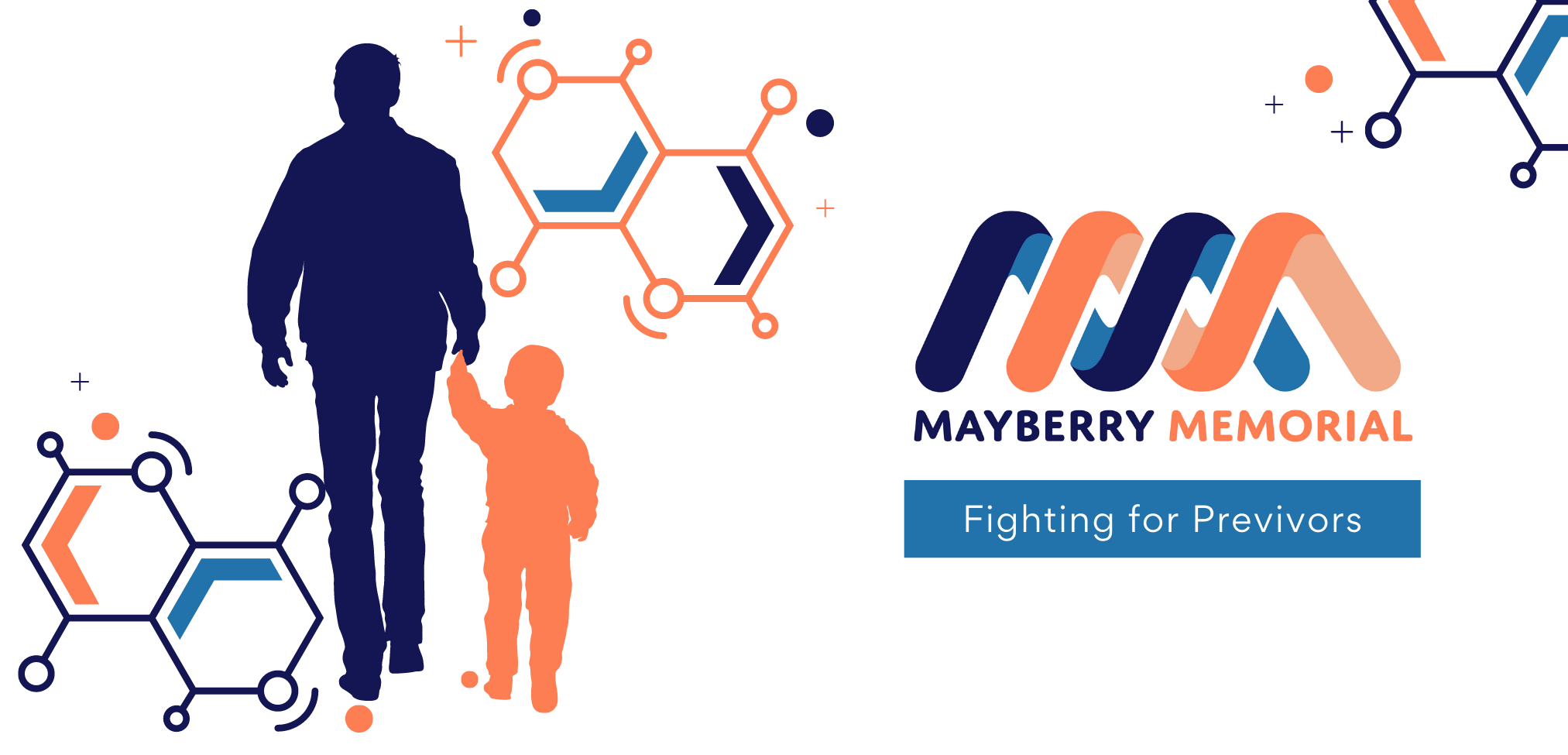Estimates suggest that every 1 in 300 individuals
has a gene mutation that is associated with Lynch Syndrome.

Donate >

Get Involved >

Get Tested >
Let’s Talk About the “C” Word
20% – 80%
COLORECTAL
CANCER
15% – 60%
ENDOMETRIAL
CANCER
1% – 38%
OVARIAN
CANCER
1% – 13%
STOMACH
CANCER
Individuals with Lynch Syndrome have an increased risk of developing various cancers during their lifetime. Although not an exclusive list, some of the cancers associated with Lynch Syndrome are: colorectal, endometrial, ovarian, stomach, small bowel, ureter or renal, bladder, bile duct, and pancreatic.
Are YOU the 1 in 300?




